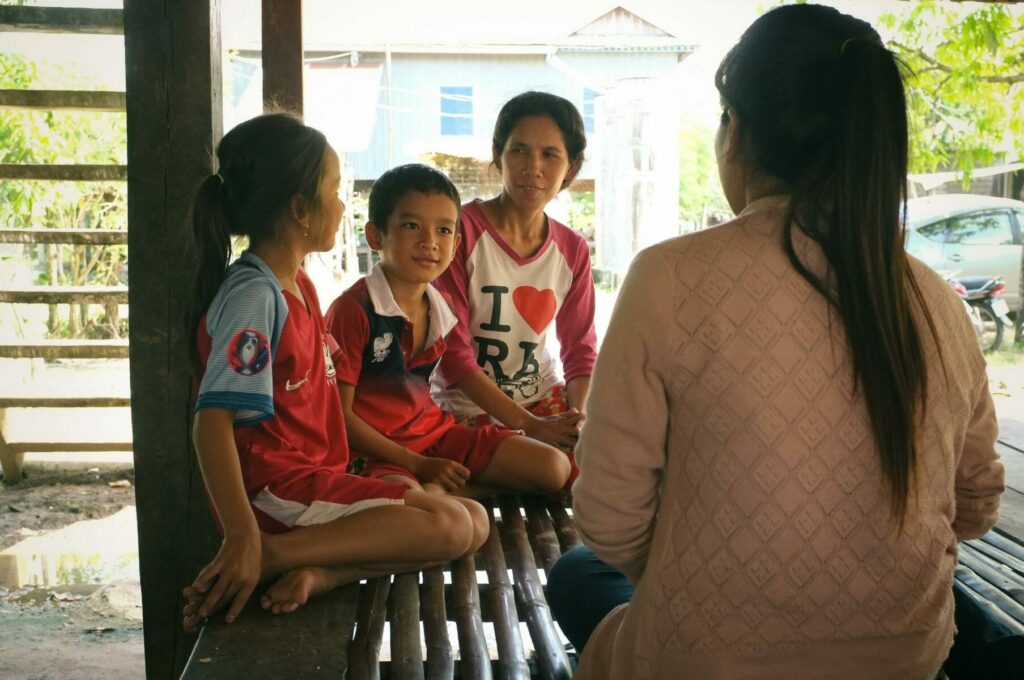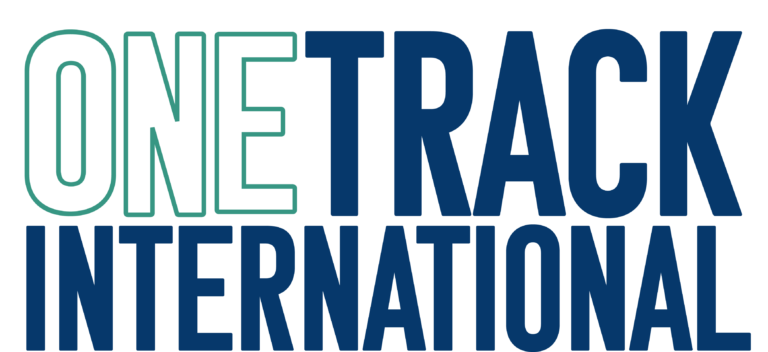Orphan Tourism is exploitation.
For the do-good tourist in Cambodia, it is not difficult to find numerous opportunities to help needy orphans. At many orphanages, visitors can buy goods for or from the orphans, watch them perform song and dance, or volunteer. What visitors may not know, however, is that most of the children in these facilities still have living parents. In the absence of strong state assistance for children and families living in poverty, these “orphanages” have emerged to fill the gap. UNICEF refers to them as “residential care institutions,” and although the number of orphans in Cambodia has decreased over the years, the number of institutions has increased. As the number of tourists visiting Cambodia grows each year, some institutions have recognized a chance to profit off this pool of foreign donors and volunteers. While residential care can provide vital alternative care solutions to impoverished families, it can also introduce children to the risk of exploitation and abuse. For children living under corrupt leadership, their vulnerability becomes a selling point and their care is compromised.
According to a 2016 study conducted by the Government of Cambodia and Columbia University, nearly one percent of Cambodian children live in residential care institutions. Approximately 80 percent of them have one or more living parents. Despite a policy that identifies institutionalization as a last resort, the government has been unable to effectively address the core issues that force children into alternative care. For poor families, institutions can provide their children with basic material needs and education that cannot be afforded at home. Along with poverty and education, parental migration for work, family breakdown, child misbehavior, and child abuse can also lead to a child’s placement into residential care. Oftentimes these issues are interrelated, and without sufficient social services available, families must institutionalize their children.
A Cycle of Abuse.
In addition to domestic factors, an increase in volun-tourism – a combination of volunteering and tourism – has encouraged the proliferation of residential care institutions. As more visitors come to Cambodia, more opportunity arises for people looking to profit off their altruism. Thus, recent years have seen the growth of residential care as a profitable industry that exists largely without regulation. In a mapping report conducted by the Ministry of Social Affairs, Veterans, and Youth Rehabilitation in 2016, about half of the facilities found “were unregistered, uninspected and otherwise unaccounted for.” At popular destinations like Phnom Penh or Siem Reap, some institutions commission tuk-tuk drivers to bring tourists to their facilities. After touring one of these business orphanages, visitors can discuss with staff how much it will cost to volunteer. There is usually a fee per day, which does not include the large donation volunteers are expected to make at the end of their stay.Instead of improving living conditions, scam institutions keep children looking poor and malnourished to gain more donations from foreigners. In some cases, visitors have been allowed to take children on trips unaccompanied by staff. Even the most well-intentioned tourists may not realize how their help contributes to the commodification and exploitation of these children.
The Government of Cambodia has faced a variety of challenges in its attempts to solve the issues involved with residential care. In its National Action Plan for Improving Child Care, the government aimed to return 30 percent of children in institutions to their families by 2018. However, reintegration in practice has proven difficult for social workers who have limited time, budget, and resources. Employees of the government entities in charge of implementing the plan have reported that they need more trained staff or do not have money or materials to help families. As a result, they must count on the assistance of NGOs. While some NGOs deploy a careful process of reintegration, others return children to their homes without considering family readiness or child safety concerns.With the latter, children returned to their home communities may end up in worse living situations than previous. Additionally, there are children who do not want to go home – they have become dependent on their institutions and have anxiety about leaving residential care.In situations like these that are fraught with complexity, there are no simple solutions.
Despite the potential risks, poor families continue to rely on residential care because of common perceptions that their children will be better provided for when institutionalized. As one representative from the Department of Social Affairs, Veterans, and Youth Rehabilitation noted in an interview, “There is a general idea amongst ordinary people that ‘our children can lead a good life in the RCIs [residential care institutions].’” Although Cambodia has a free public education system, teachers are usually underpaid and require parents to pay school fees alongside the costs of uniforms and textbooks. When interviewed, most parents cited education as the major factor in their decision to send their children into residential care.Ideally, families would not face barriers to education and children could remain within family or community-based care. However, the increase in the number of residential care institutions has not been met by similar growth in social welfare support. Without residential care, poor families could experience greater hardship in trying to provide for their children at home.

ONETrack in Cambodia.
While it will take time, and coordinated effort to solve the foundational reasons behind the growth of residential care, action can be taken now to protect institutionalized children. In Cambodia, ONETrack International aims to reverse the trends that stimulated the orphanage industry. ONETrack’s work involves identifying credible institutions that are clean from the controversy. These facilities are supported so that they may continue to act in the children’s best interest. By rewarding only competent institutions, ONETrack will encourage others to reform and expose more inappropriate operations. At the core of our mission are the rights of the child established by international law, and we advise our partners accordingly on appropriate practices. We hope to see a future in which families do not have to choose separation to survive.
References
Stark L, Rubenstein BL, Pak K, et al.National estimation of children in residential care institutions in Cambodia: a modelling study. (2017). BMJ Open. Retrieved from: https://bmjopen.bmj.com/content/7/1/e013888
One Percent of Cambodian Children Live in Orphanages Yet Have a Living Parent. (2017, January 17). Retrieved from: https://www.mailman.columbia.edu/public-health-now/news/one-percent-cambodian-children-live-orphanages-yet-have-living-parent
Government of the Kingdom of Cambodia, Policy on Alternative Care of Children, 2006. http://orphanages.no/uploads/resources/files/505/ALT006_Policy_on_Alternative_Care_for_Children-Eng.pdf
Hamilton, C., Apland, K., Dunaiski, M., Yarrow, E. Study on Alternative Care Community Practices in Cambodia. (2018 June). UNICEF. Retrieved from: https://www.unicef.org/cambodia/reports/study-alternative-care-community-practices-children-cambodia
Wilson, A. and Vuong, V. Homeward Bound? How to fix a damaged system. (2016, September 30). The Phnom Penh Post. Retrieved from: https://m.phnompenhpost.com/post-weekend/homeward-bound-how-fix-damaged-system.
Hartley, M. and Walker, C. Cambodia’s Booming New Industry: Orphanage Tourism. (2013, May 24). Forbes. Retrieved from: https://www.forbes.com/sites/morganhartley/2013/05/24/cambodias-booming-new-industry-orphanage-tourism/#462141cf794a
Knaus, Christopher. The race to rescue Cambodia children from orphanages exploiting them for profit. (2017, August 18). The Guardian. Retrieved from: https://www.theguardian.com/world/2017/aug/19/the-race-to-rescue-cambodian-children-from-orphanages-exploiting-them-for-profit
Ministry of Social Affairs, Veterans and Youth Rehabilitation and UNICEF. A Study of Attitudes Towards Residential Care in Cambodia.(2011). Retrieved from: https://resourcecentre.savethechildren.net/node/6445/pdf/6445.pdf


